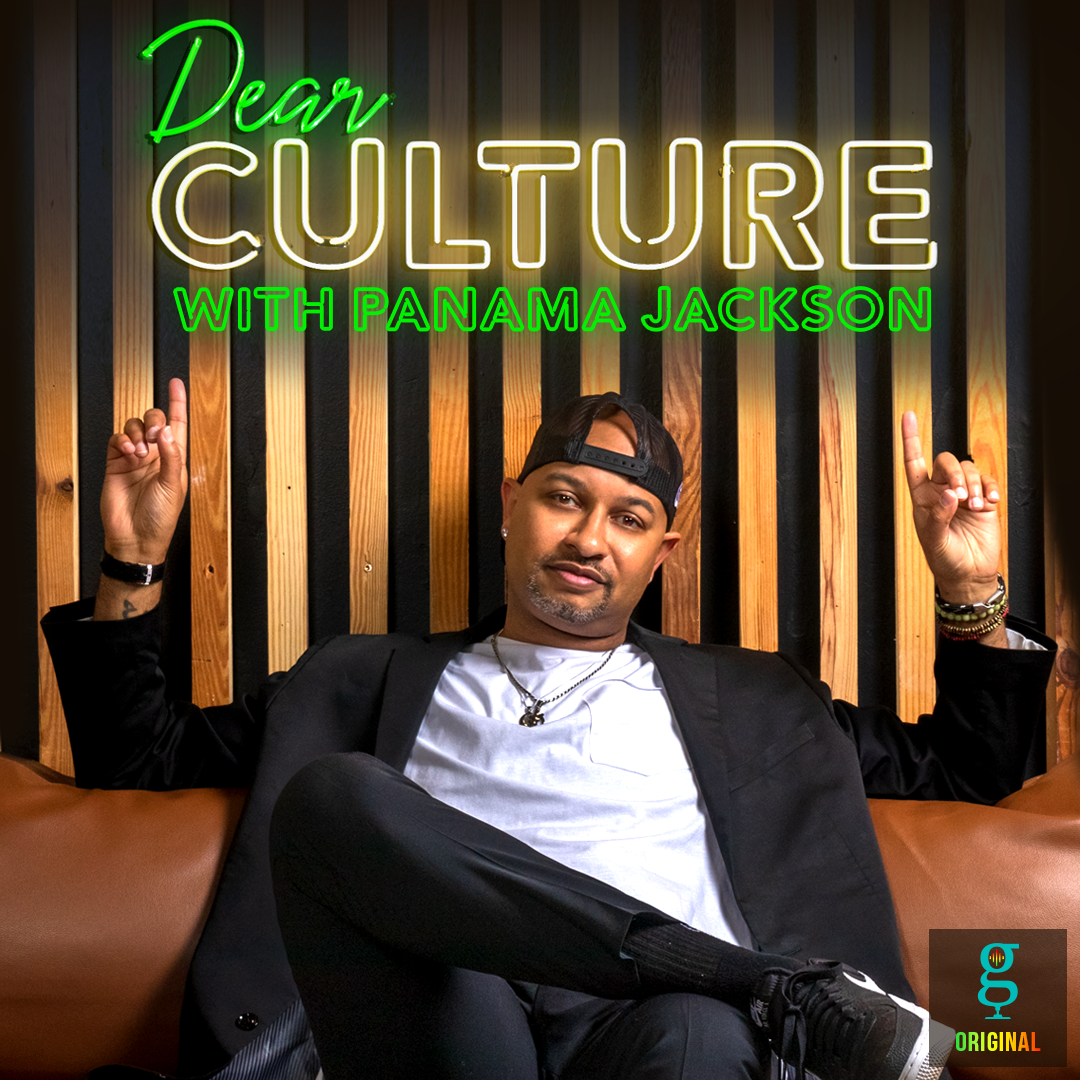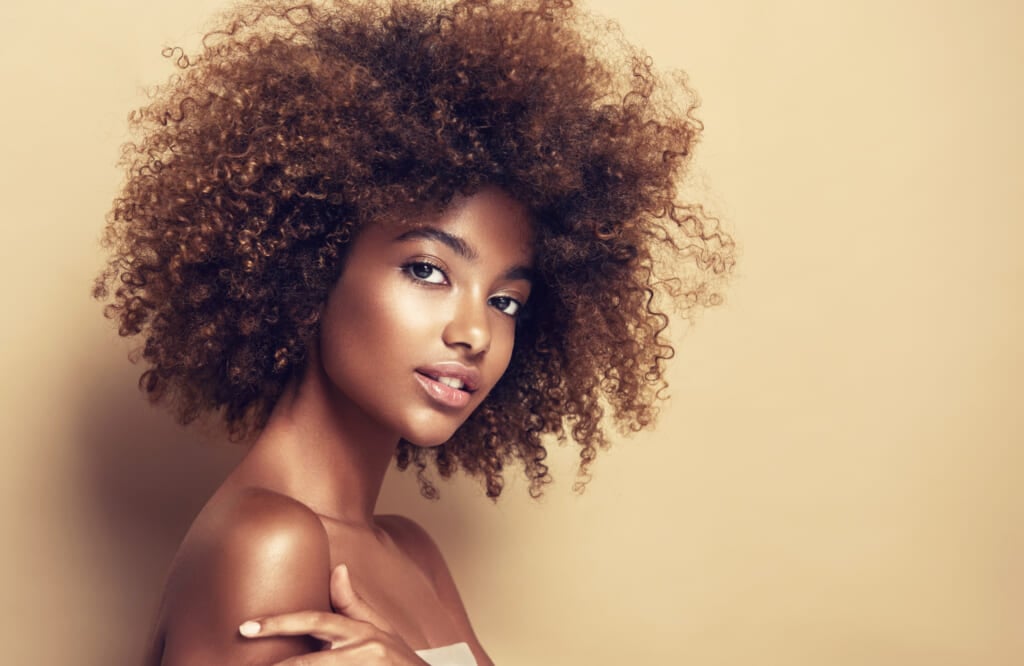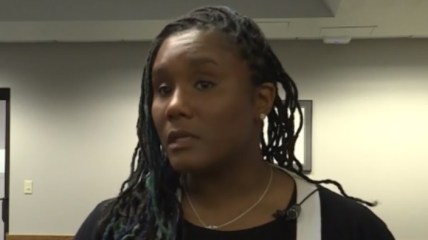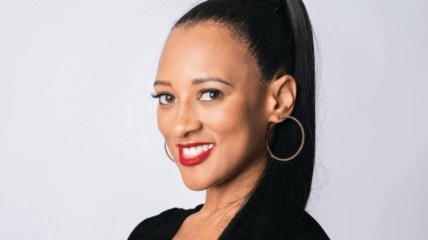
Read the full transcript here.
Kinky, coily, curly—it’s all beautiful! This week on the Dear Culture podcast our hosts, Social Media Director Shana Pinnock and Managing Editor of Politics Gerren Keith Gaynor, kick off Black History Month by celebrating the beauty of Black hair and its impact on culture, and unpacking the history of our lovely locs!
Lori L. Tharps, journalist and co-author of Hair Story: Untangling the Roots of Black Hair in America, joined the show this week and shared how Black hair is a multifaceted expression of our history, culture and beauty. In the book, Tharps and co-author Ayana D. Byrd trace Black hair practices all the way back the 15th century West Africa.
“This book is recognizing that things that we kind of took for granted about our hair culture are actually coming from our African heritage,” said Tharps. “These aren’t things we made up, this idea of people touching our hair. That’s not just us being really paranoid.”

“That actually comes from this historical tradition of there being designated people, special people in each community who were designated hairdressers, and only they were allowed to work on a person’s hair or a family’s hair or community’s hair.”
According to Mintel, a marketing intelligence agency, roughly 40% of Black women wear their hair natural with no chemical straighteners. While natural hair care influencers and bloggers have gained massive followings spreading the gospel of natural hair, the divide between so-called “good hair” and “bad hair” remains.
“We didn’t even see this natural hair movement where there was this appreciation for natural hair, where there’s appreciation for 4C textures, until very recently,” said Pinnock. “Even now, there’s a resurgence of relaxers and this whole ideology of what is professional by white standards.”
Gaynor also noted that, as a Black man, he’s both witnessed and felt the pressure of trying to conform to Eurocentric beauty standards.

“Black men also have this struggle, or rather many Black men probably don’t even realize that when they’re wearing their durags, for example, trying to get the nice wavy waves in your hair —that is also rooted in a beauty standard,” said Gaynor. “So we kind of wrestle with our relationship with our hair.”
Without question our relationship to our hair can be complicated, but Tharps says that Black hair is source of pride and cause for celebration.
“I think when we know historically what these practices meant, then we can definitely look at them today, not as a burden, but as a blessing from our ancestors,” said Tharps.
Tune into the Dear Culture podcast to hear the entire conversation, including our examination of the relationship Black hair and pimp culture.


